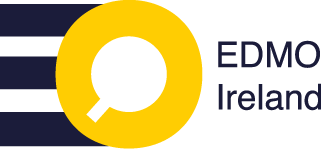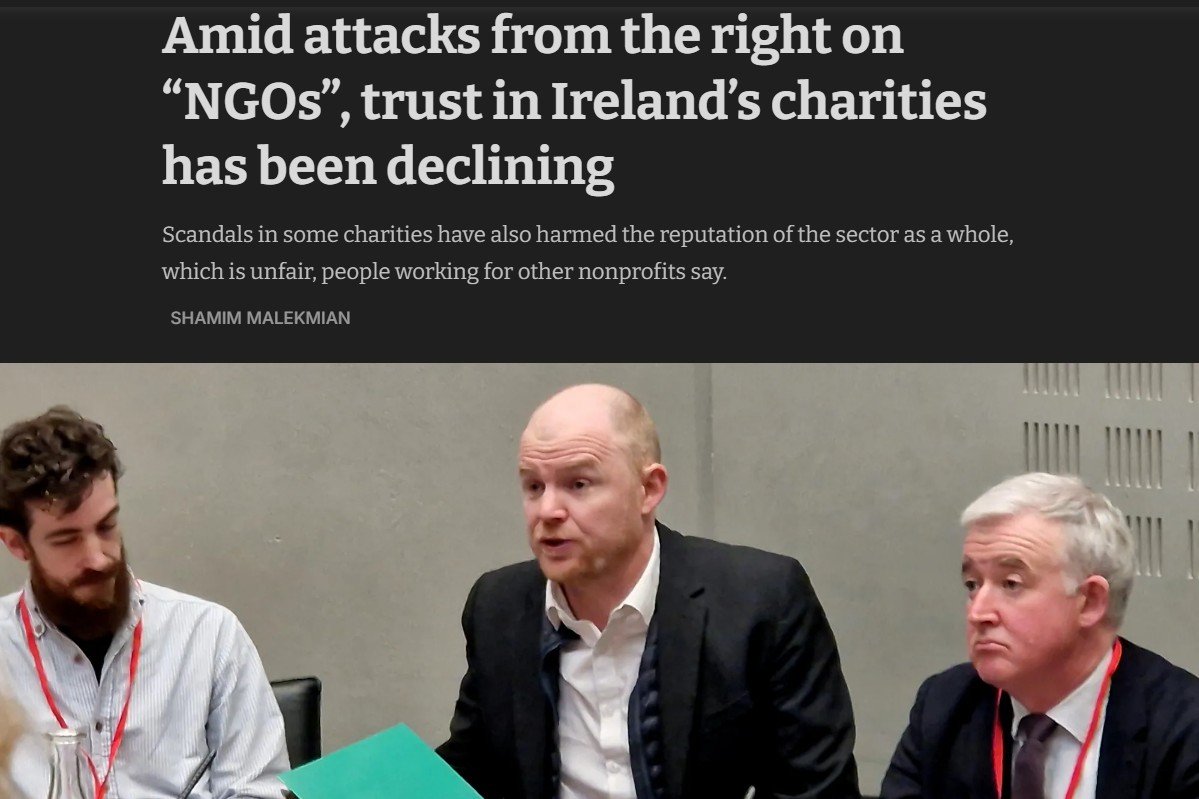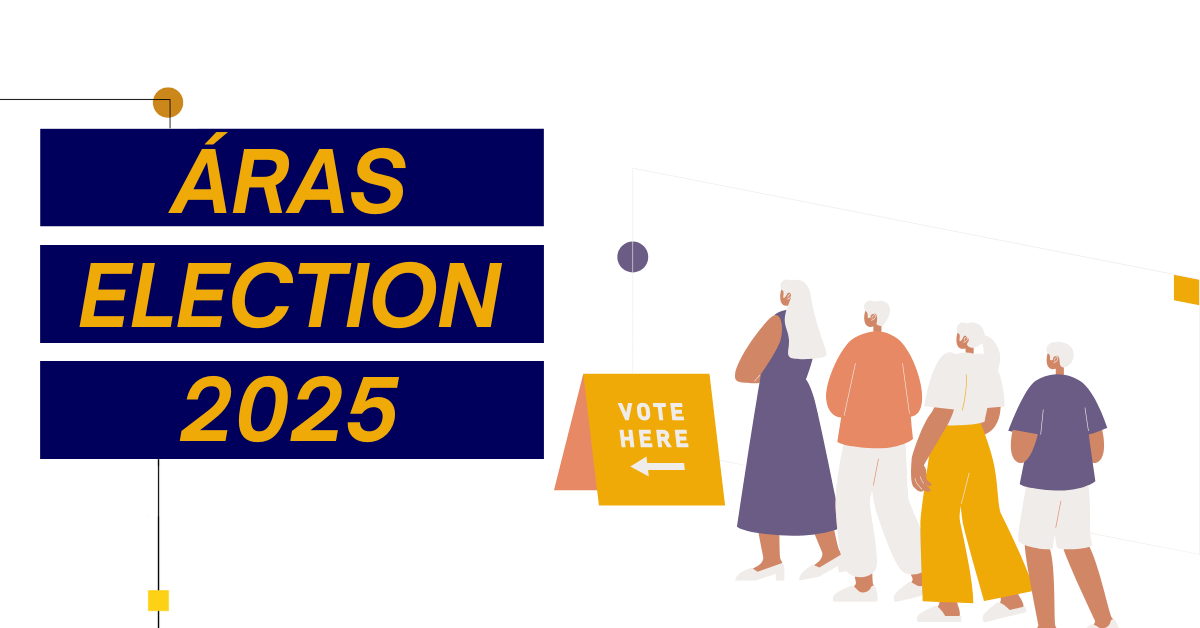
Over 400 young people from local Waterford schools joined a media literacy conference called ‘Dismiss the Noise’ on 16th October in Waterford City. Organisers included Waterford SLí, the Waterford Youth Information Centre and the Waterford City Libraries, and the Europe Direct Centre.
EDMO Ireland’s Dr Eileen Culloty delivered the keynote on media literacy. She noted that while people may disagree on how to define and teach media literacy, there is widespread agreement on its importance, especially given the pervasive influence of technology and social media in modern life. Dr Culloty argued against the notion that young people are inherently savvy “digital natives” just because they have grown up with technology. Instead, she argued that understanding how social media and AI actually work requires deeper knowledge. She also outlined principles of critical media literacy, including recognizing media as socially constructed with embedded values, acknowledging that individuals interpret media differently, and understanding that media industries are often driven by profit or power. Using examples, such as a social media controversy around an Algerian boxer, she illustrated how critical media literacy helps in analyzing media content. Finally, she encouraged the students to explorethese issues through resources like Media Literacy Ireland, Factchecking.ie and Webwise.
BEAT 102 delivered a presentation on ‘Digital Media and You’, a media literacy programme they have rolled out in the south east.

There were also inputs from Sinead Beirne from Spunout who spoke about mental health in an online environment and Caoilinn Walsh, last year’s winner of the European Soapbox Competition, who spoke about the perils (and positives) of Artificial Intelligence. Charlotte Dwan and Kaitie Anne Joubert, members of Waterford’s Youth Advisory Climate Council, also spoke on the tactics used to spread mis and disinformation on the climate crisis and how to avoid them. Clara Wemyss represented Waterford Comhairle na nOg discussing how your algorithm affects your mental health. On the day there were also spoken word performances, music and speeches by young people interested in and impacted by social media. The programme was rich and diverse with experts in various fields exploring how we can empower ourselves to understand and question media from algorithm-driven newsfeeds to deepfake technology to information and story sources.

Photography by Waterford Sustainable Living Initiative (SLi)




